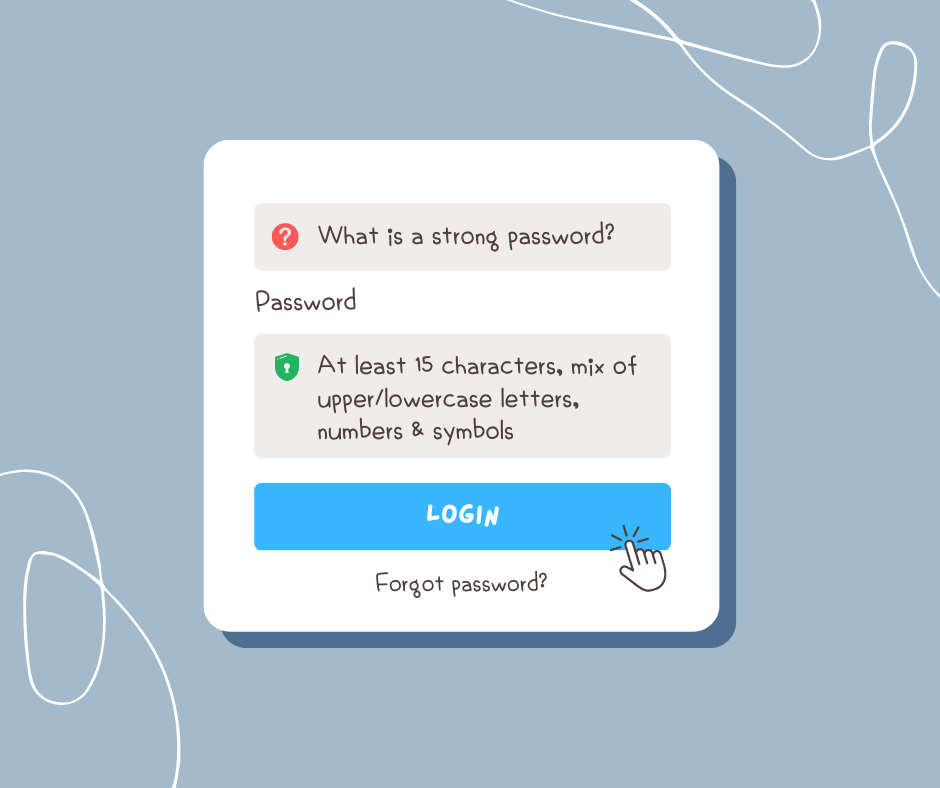All businesses must be prepared for cyber attacks – particularly smaller businesses that are more vulnerable due to limited resources.
This blog covers some of our top tips for building your cyber security strategy to protect your business.
1. Conduct a cybersecurity audit
 Analyse and review your cyber security procedures and infrastructure – risk assessing vulnerabilities and threats and showing areas of weakness. From here you can look at what control measures you can implement to protect your business against cyber threats.
Analyse and review your cyber security procedures and infrastructure – risk assessing vulnerabilities and threats and showing areas of weakness. From here you can look at what control measures you can implement to protect your business against cyber threats.
2. Back up important data
Identify what data is business-critical and ensure it is backed up regularly – automatically if possible. Your backed up data should be be stored separately from your devices, ideally using a cloud storage.
3. Ensure software is up-to-date
One of the main reasons that software updates are published is to upgrade security. Make sure that your software is always kept up-to-date to ensure you are using the safest version and are protected against security threats.
4. Secure Wi-Fi Networks
 Prevent attacks through your Wi-Fi network by setting up your wireless access point or router so it does not broadcast the network name – limit access to the router through password protection.
Prevent attacks through your Wi-Fi network by setting up your wireless access point or router so it does not broadcast the network name – limit access to the router through password protection.
5. Provide cyber security training for employees
Your employees play an important role in protecting your business from cyber threats.
By providing cyber security training that covers how to recognise phishing attempts, protect important data and use the Internet appropriately, you can ensure your staff are prepared should a cyber attack occur.
6. Install anti-virus software
When choosing your anti-virus software you should look for an option that can cover all of your devices, protecting against viruses, ransomware, spyware, and phishing scams. Ensure that you keep your software up-to-date to maximise its effectiveness.
7. Use strong passwords
 All employees should use strong passwords for their accounts. A strong password should include:
All employees should use strong passwords for their accounts. A strong password should include:
- At least 15 characters
- A mix of upper and lower case letters
- Numbers
- Symbols
Passwords should be changed regularly, at least once per quarter.
8. Enable 2-factor authentication
Where available, enable 2-factor authentication on your accounts. These helps to keep your accounts more secure by adding an extra layer of protection through verifying that an authorised person is accessing the account.
9. Manage mobile devices
 Mobile devices are incredibly useful tools for working on the go, however they often go forgotten when businesses are planning their cybersecurity protocols.
Mobile devices are incredibly useful tools for working on the go, however they often go forgotten when businesses are planning their cybersecurity protocols.
You should ensure that all mobile devices are password-protected, have security apps installed, and have their data encrypted. You should also have a reporting procedure in place for lost or stolen devices so that these can be wiped remotely, protecting sensitive business data.
10. Protect your network with a firewall
Prevent unauthorised users from accessing data on your private network by installing a firewall – your operating system may have one already, but if not there is free software available online.

Cyber Security, GDPR & Phishing Awareness training courses are essential tools in protecting your business from cyber and data risks. Make sure you don’t miss out on our 10% off deal on these courses, available until the end of December. Simply enter the code ‘cyber10’ at checkout to save!
Read more Top 10 Tips blogs here.
To keep up to date with the latest health & safety news and advice, follow us on social media:
